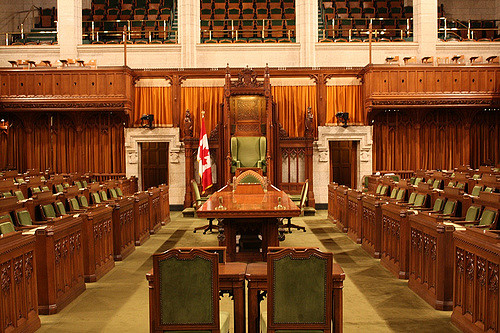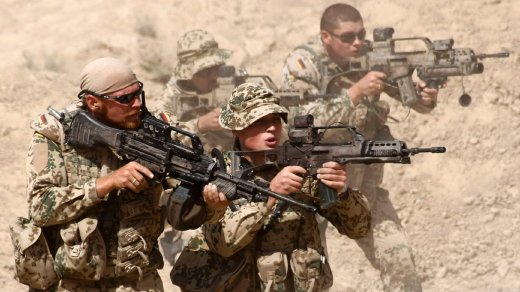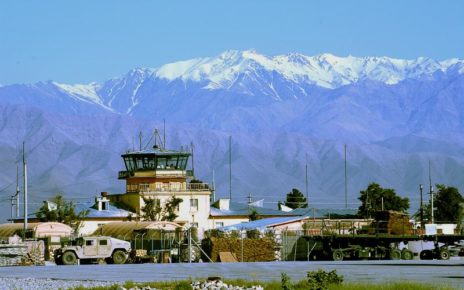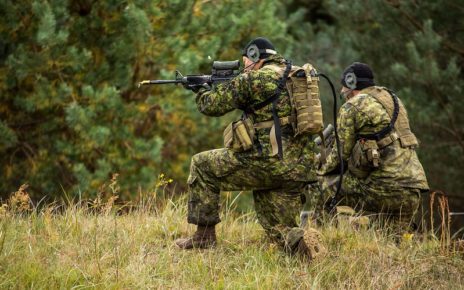On June 14, 2016, the federal Liberal government decided to go it alone on a key foreign policy issue and break with many of Canada’s Western allies. With a vote of 166 to 139, Prime Minister Trudeau and his government defeated an opposition motion, which would have recognized the actions of the Islamic State and Levant (ISIL) as genocidal, on the basis that it was not objective enough. During Question Period the Prime Minister said, “We don’t feel that politicians should be weighing in on this first and foremost. Determinations of genocide need to be made in an objective, responsible way.” Despite the Liberal governments reservations about referring to ISIL’s actions as genocide, many Western democracies have publicly declared it to be genocide.
The United Kingdom and European Union (EU) parliaments, along with the United States Congress, have unanimously declared that ISIL is committing genocide against minority groups in Syria and Iraq. The EU parliament motion states, “ISIS/Daesh is committing genocide against Christians and Yazidis, and other religious and ethnic minorities.” The Canadian motion simply stated “that the House strongly condemn these atrocities and declare that these crimes constitute genocide.”
The UK parliament also passed a motion in April declaring that ISIL was committing genocide against Christian and Yazidi ethnic and religious minorities. The motion received support from across the political spectrum. Scottish National Party (SNP) Member of Parliament Ian Blackford, argued that the Allied governments in 1942 made a joint statement condemning genocide against the Jews in Nazi occupied Europe. He said, “Just as we stood against genocide then…we must now show the required level of leadership today.” It is almost unprecedented for MPs to collectively declare actions in a war as genocide.
The United Nations (UN) Humans Rights Council has also found that ISIL has committed the crime of genocide as well as multiple crimes against humanity. This report also recommended that military forces fighting ISIL “use all means available to ensure Yazidis held captive by ISIS in Syria are rescued.” The 40-page report contains many other recommendations including further military action.
The Conservative motion did not compel the federal government to take any military action. The motion simply states the various crimes against humanity ISIL has carried out and recommended the House of Commons declare these crimes constitute genocide. There was no mention of military action and left it up to the Prime Minister and his cabinet to decide the next course of action.
The EU parliamentary motion does outline various actions to be taken by the EU. It calls on the EU to establish a permanent Special Representative for Freedom of Religion and Belief. Ironically in March Foreign Affairs Minister Stephane Dion chose not to renew the mandate of Canada’s Office of Religious Freedom. Both these organizations share the same objective of promoting religious freedom aboard. The EU parliament has recommended becoming more proactive than reactive in this area.
One of the main arguments against the motion was that it was pre-empting the legal process and that the International Criminal Court (ICC) should be the only body to determine what is and is not genocide. Prime Minister Trudeau’s government has formally asked the United Nations Security Council to decide whether it is appropriate to call ISIL actions genocide.
A major obstacle currently prevents ICC from opening an investigation in to the claims of genocide by ISIL. Under the Rome Statute, the founding document of the ICC, the Court can exercise its jurisdiction only if a State Party refers the case, or the UN Security Council refers a case under Chapter VII of the UN Charter. Neither Iraq nor Syria recognize the authority of the ICC, so only the UN Security Council can refer this specific case to the Court. The Security Council attempted to do this in 2014, but was blocked by both Russia and China, two permanent members with veto power. A legal solution seems to be many years away.
The Conservative government in the UK faced a similar legal dilemma as Prime Minister Trudeau’s government. Tobais Ellwood, the Foreign Office minister, said he personally believed genocide had taken place, but said this was a matter for the courts and not politicians. The Conservative cabinet largely abstained from the vote, but did not whip the other MPs from their party to vote against.
This abstention by Prime Minister David Cameron allowed the motion to move forward, respected the authority of the British parliament and did not compromise any potential legal case against ISIL. The UK parliament was able to strike the right balance. Prime Minister Justin Trudeau could have pursued a similar course of action, instead of rashly defeating an opposition motion that required no military action, but simply stated a growing reality.
Photo: The Canadian House of Commons (2008), by Scazon via Flickr. Licensed under CC BY 2.0.
Disclaimer: Any views or opinions expressed in articles are solely those of the authors and do not necessarily represent the views of the NATO Association of Canada.




